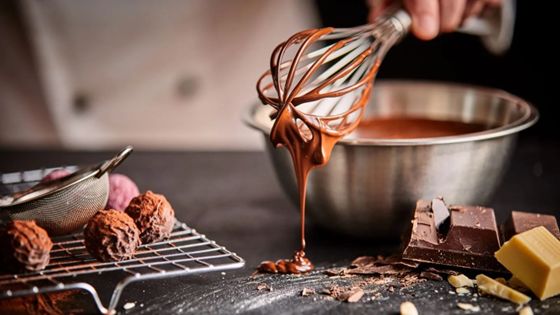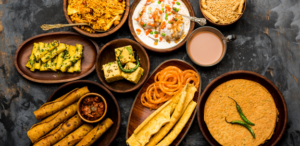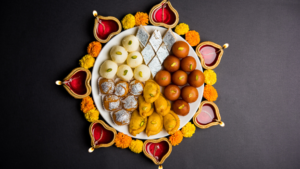From Scratch to Perfection: A Guide to Baking Delicious Homemade Cakes

Homemade cakes are a beloved treat for many people around the world. They are often made with love and care, using fresh ingredients and family recipes passed down from generation to generation. The appeal of homemade cakes lies not only in their delicious taste but also in the memories and traditions that they evoke.
There are countless recipes for homemade cakes, ranging from simple classics like vanilla or chocolate to more complex creations like carrot cake or red velvet. Bakers can customize their cakes to suit their preferences, adding extra ingredients like nuts, fruit, or spices for a unique twist on a traditional recipe.
One of the benefits of making cakes at home is that bakers can control the quality of the ingredients used. They can choose to use organic, locally sourced ingredients, which can make the cake taste fresher and be healthier for the consumer. Additionally, homemade cakes are often less expensive than store-bought options, as bakers can buy ingredients in bulk and avoid the markup on pre-made cakes.
Homemade cakes are a beloved treat for many people around the world. They are often made with love and care, using fresh ingredients and family recipes passed down from generation to generation. The appeal of homemade cakes lies not only in their delicious taste but also in the memories and traditions that they evoke.
There are countless recipes for homemade cakes, ranging from simple classics like vanilla or chocolate to more complex creations like carrot cake or red velvet. Bakers can customize their cakes to suit their preferences, adding extra ingredients like nuts, fruit, or spices for a unique twist on a traditional recipe.
One of the benefits of making cakes at home is that bakers can control the quality of the ingredients used. They can choose to use organic, locally sourced ingredients, which can make the cake taste fresher and be healthier for the consumer. Additionally, homemade cakes are often less expensive than store-bought options, as bakers can buy ingredients in bulk and avoid the markup on pre-made cakes.
Making a cake from scratch can be a fun and rewarding experience. Bakers can get creative with their decorations, frosting, and presentation, resulting in a beautiful and delicious dessert that can be shared with family and friends. Homemade cakes are not only a tasty treat but also a way to show love and care to those around us.
Here are some of the most common challenges when making homemade cakes:

1. Consistency: Achieving the perfect texture can be a challenge. The cake batter must be mixed properly to avoid lumps and ensure that the cake rises evenly. If the batter is over-mixed or under-mixed, it can affect the texture of the cake.
2. Temperature: Temperature control is crucial when baking cakes. If the oven is too hot, the cake may cook too quickly and become dry. On the other hand, if the oven is too cold, the cake may not cook properly, and the texture may be too dense.
3. Ingredient measurement: Baking requires precise measurements, and even small discrepancies can affect the final product. Using measuring cups and spoons, as well as a kitchen scale, can help ensure that ingredients are measured accurately.
4. Decorating: Decorating a cake can be a fun and creative process, but it can also be a challenge. Achieving the desired design may require some practice and skill, and using the right tools and techniques is crucial.
With patience and practice, anyone can master the art of homemade cake baking.
To avoid the mistakes, and ruin your cakes, here are some tips and tricks that you can try at your home:
1. Read the recipe carefully before you start. This will help you make sure you have all the ingredients you need and that you understand the steps involved.
2. Use room temperature ingredients. This helps everything blend together more easily and results in a smoother, more even batter.
3. Measure your ingredients accurately. Baking is a science, so it’s important to measure your ingredients carefully to ensure your cake turns out just right.
4. Don’t overmix your batter. Overmixing can cause your cake to be tough and dense. Mix just until everything is combined and then stop.
5. Grease and flour your cake pans. This will help prevent your cake from sticking to the pan and ensure it comes out easily.
6. Preheat your oven. This is important to ensure your cake bakes evenly and at the right temperature.
7. Don’t open the oven door too often. Every time you open the oven door, you let heat escape and your cake can be affected. Try to limit how often you open the oven door while your cake is baking.
8. Let your cake cool completely before frosting or decorating. If you try to frost or decorate a warm cake, your frosting may melt and your decorations may slide off.
With the right ingredients, tools, and techniques, you can create a delicious and beautiful cake that reflects your personal style and tastes. So why not give it a try and impress your friends and family with your baking skills? Happy baking!





